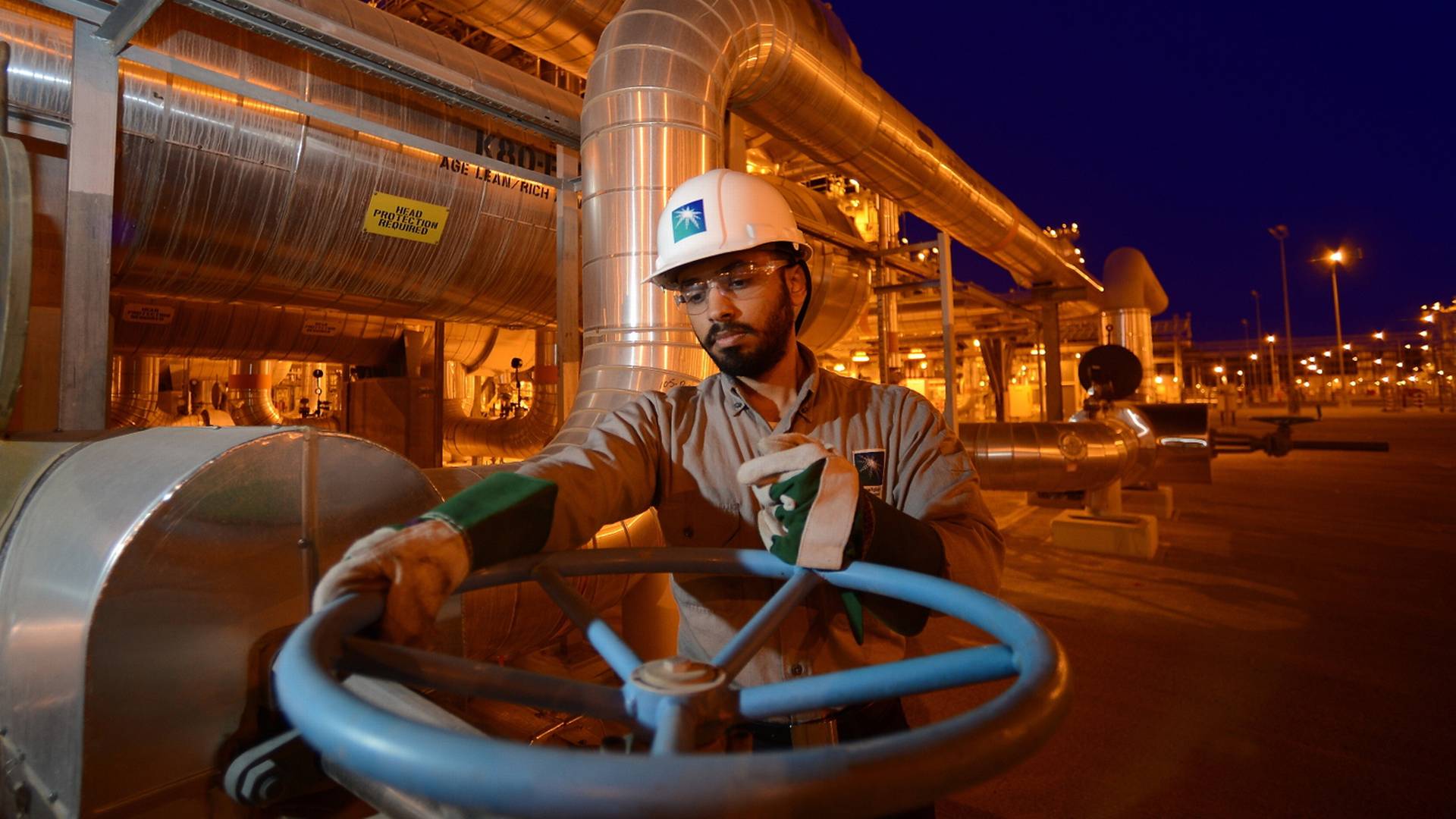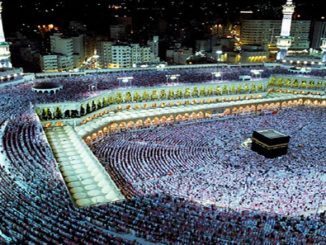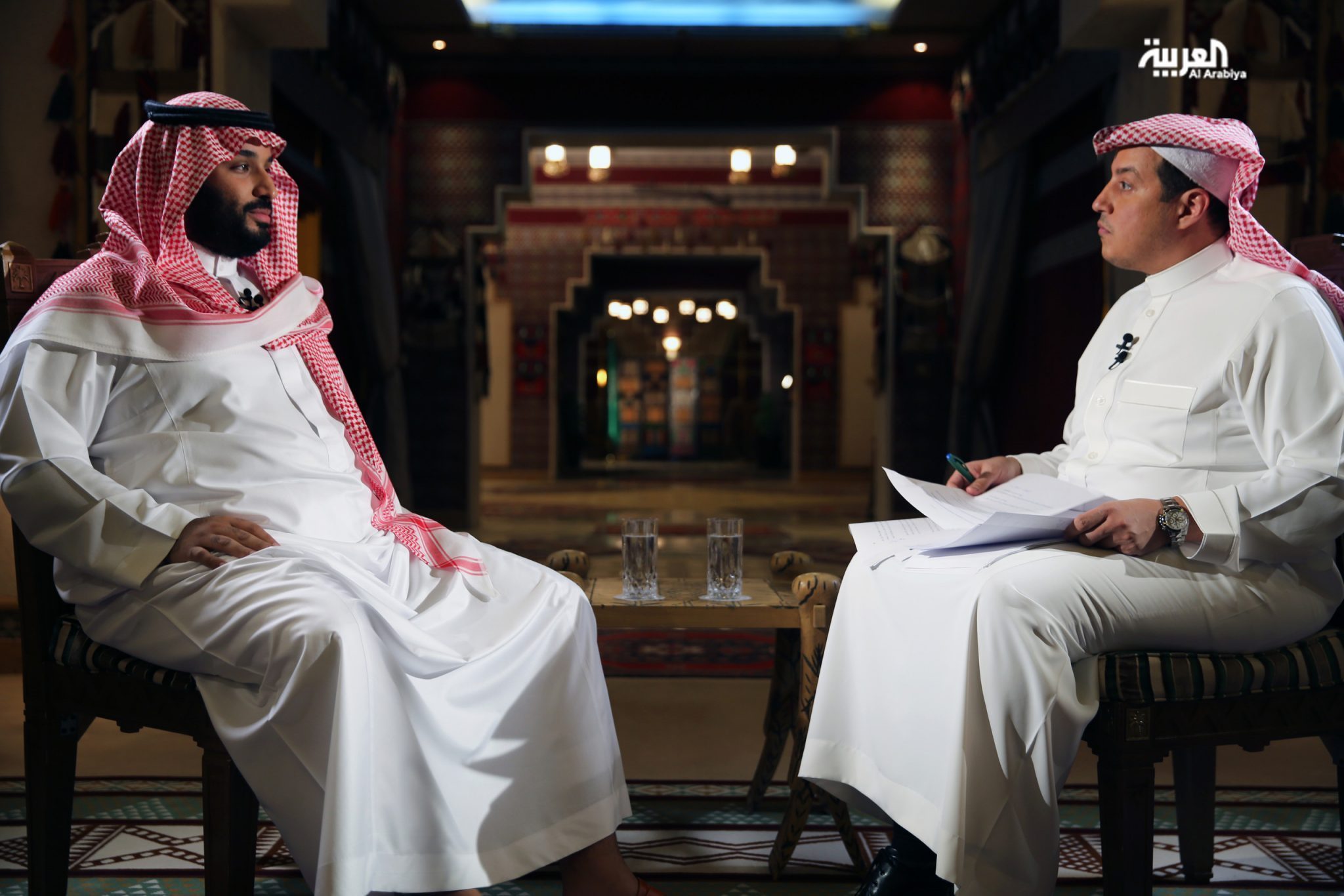
Saudi Arabia just made it much more likely that OPEC and other oil producers will take action if crude prices weaken.
The word that the cartel will meet on the sidelines of an energy conference in Algeria in late September had already stirred up the oil market this week, but confirmation Thursday from Saudi Energy Minister Khalid al-Falih gave much more credibility to the idea that OPEC will consider action if oil prices remain low. West Texas Intermediate futures soared as much as 5 percent in trading Thursday after the Saudi comments and later settled at $43.49 per barrel, up 4.3 percent.
Some OPEC members, particularly Venezuela, have been pushing the idea of production limits for months, but Saudi Arabia has repeatedly said it would go along only if all producers agreed. Iran, however, has steadfastly refused to accept limits, and it has been aggressively returning oil to the market in an effort to grab back the market share it lost while it was under sanctions for its nuclear program. Meanwhile, Saudi Arabia turned up the taps, and its production in July jumped to a record 10.67 billion barrels a day.
Saudi Arabia has been feeling the pinch of low oil prices, but it is better-positioned than most other producers, based on its cheap production costs and strong market presence. But it now has a new reason to cooperate with OPEC — the economic transformation plan announced by Saudi Deputy Crown Prince Mohammed bin Salman this spring.
At the heart of that plan is the IPO of state-owned Saudi Aramco in 2017 or 2018, which is key to a move to diversify the economy and turn its Public Investment Fund into a $2 trillion sovereign wealth fund.
Even though the IPO could be well into the future, it is in Saudi Arabia’s interest to have a more stable oil price with the high volumes it is producing, analysts said.
“Thirty dollar oil isn’t great if you’re talking up the prospect of your IPO. Mohammed bin Salman is positioning himself as the young leader of the Arab world. He’s really staking his reputation on his tremendous economic transformation, and he’s put the IPO at the center of that. He will try to make the IPO go well. … This is his initiative. This is not a collective initiative. This is being driven by one increasingly ambitious man. He’s the great disruptor and he literally sees himself as the future king,” said Helima Croft, head of commodities strategy at RBC.
Al-Falih was named energy minister earlier this year by bin Salman, whose role is to oversee the military as well as energy and the economy. Bin Salman, 31, is the youngest son of King Salman.
“There is an opportunity for OPEC and major exporting non-OPEC ministers to meet and discuss the market situation, including any possible action that may be required to stabilize the market,” al-Falih was quoted as saying.
Michael Wittner, global head of oil market research at Societe Generale said a report Thursday morning from the International Energy Agency was a factor in the market, but the biggest driver was al-Falih’s comment. “The key phrase there is ‘including any possible action that might be required to stabilize the market.’ That indicates a willingness … to perhaps do more. It’s not even limited to a freeze. Hypothetically, any action is possible,” he said.
Wittner said it’s hard to say if there’s a trigger price that would get OPEC to drop its Saudi-driven strategy of letting market forces move oil prices, rather than production quotas. But $40 oil could be a “wake-up call” that might bring the parties together, he said.
“It comes down to the core four — the Saudis, Iran, Iraq, and Russia. If you’re talking freeze, it’s not going to make a damn bit of difference for real crude supply. Russia is maxed out. Iraq is maxed out or close. Iran is maxed out or close to it, and the Saudis are out with a big number in July but that’s seasonal, and they’ll be coming down. The freeze would solidify the status quo, and it wouldn’t do anything but give a boost to market psychology,” said Wittner. Russia will be in attendance at the energy conference in Algeria.
Wittner said there’s been no public indication Saudi Arabia is concerned about the oil market because of its IPO. “It’s at least in the back of their minds. It’s a very reasonable assumption. It would be stupid if they were not thinking about it, and they are not stupid,” he said.
Venezuela has been an ardent proponent of OPEC action since lower oil revenues have exacerbated its economic and political crisis. Croft said it is possible the cartel will consider a Venezuela proposal on production bands, which means each producer would have a range of output levels and they could move within the range based on market price.
OPEC and producers outside of the cartel met in Doha, Qatar, in April and failed to reach an agreement. Reports at the time put the blame on a last-minute decision by bin Salman, but Saudi Arabia had also said it would not agree to a deal unless all producers went along. OPEC also met in June.
What’s changed is the market is closer to being balanced. Iran has also returned oil to the market so quickly it is close to its past production level.
“The last go-around, I was utterly convinced the meeting would end in failure. This time, I’m not. I think you have to be more cautious on this one, with these Saudi statements and the Iranians closer to full strength,” said John Kilduff of Again Capital.
Al-Falih said in his comments that the oil market is rebalancing but it will still take time to clear both oil and refined product inventories. “We are on the right track, and prices should reflect that. But the large short positioning in the market has caused the oil price to undershoot,” he said.
Wittner said al-Falih’s statement was similar in tone to his comments at the June meeting, his first as energy minister.
“They didn’t play nice in April but again al-Falih made a real effort to try to mend fences in June. The tone and the content of the statement are consistent,” he said. “They weren’t playing nice in April. That’s when MBS (bin Salman) called (former oil minister Ali) al-Naimi and said the deal is off.”
Croft said any action will depend on price. “Let’s say we get back to the $50s, and we get to September and the market is once more in the right direction. There isn’t any impetus. But if were in the $40s or if we go back to the $30s, they would at least set up a working group,” she said.
Analysts have said oil could take another leg down during refining maintenance season, between late August and October. Refinery demand for crude drops as refiners shut down in preparation for winter fuel production.
Another big difference between now and April when OPEC tried to strike a deal is the reduction in U.S. shale oil production. The U.S. produced 8.4 million barrels a day last week, about a million barrels less than this time last year.
“People were waiting for something from the Saudis to make this credible. Nobody believes Venezuela,” Croft said.



